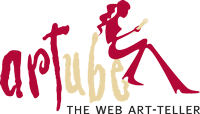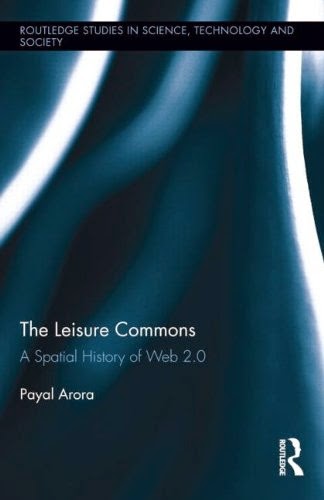New Paper out on 'YouTube as the art commons' in the Digital Culture & Education Journal

I am so proud of my recently graduated master students Jessica Verboom and Daria Gladysheva for successfully working together on this paper and getting it published in the Digital Culture and Education Journal. So far, in the last 5 years, I have co-published 4 articles with my students and I hope many more to come. Its good to see their work reaching the public as we are mainly targeting open access journals for wider readership. So this paper is about the phenomenon of museum communication through online video hostings, either by using YouTube or a customized platform. The videos uploaded by museums present a combination of educational and entertaining content depending on their objectives, attracting users to watch art content online. While the literature on uses and gratification is highly represented in media studies, few studies exist about the specific user motivations and gratifications of new media platforms in a museum context. Three types of users were identified ...




